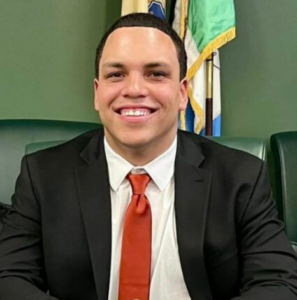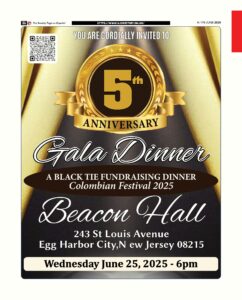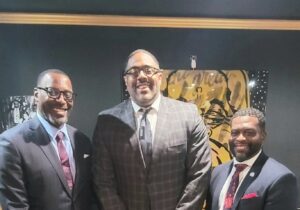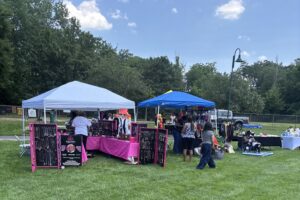Black, Latinos: Same Struggle, Same Fight
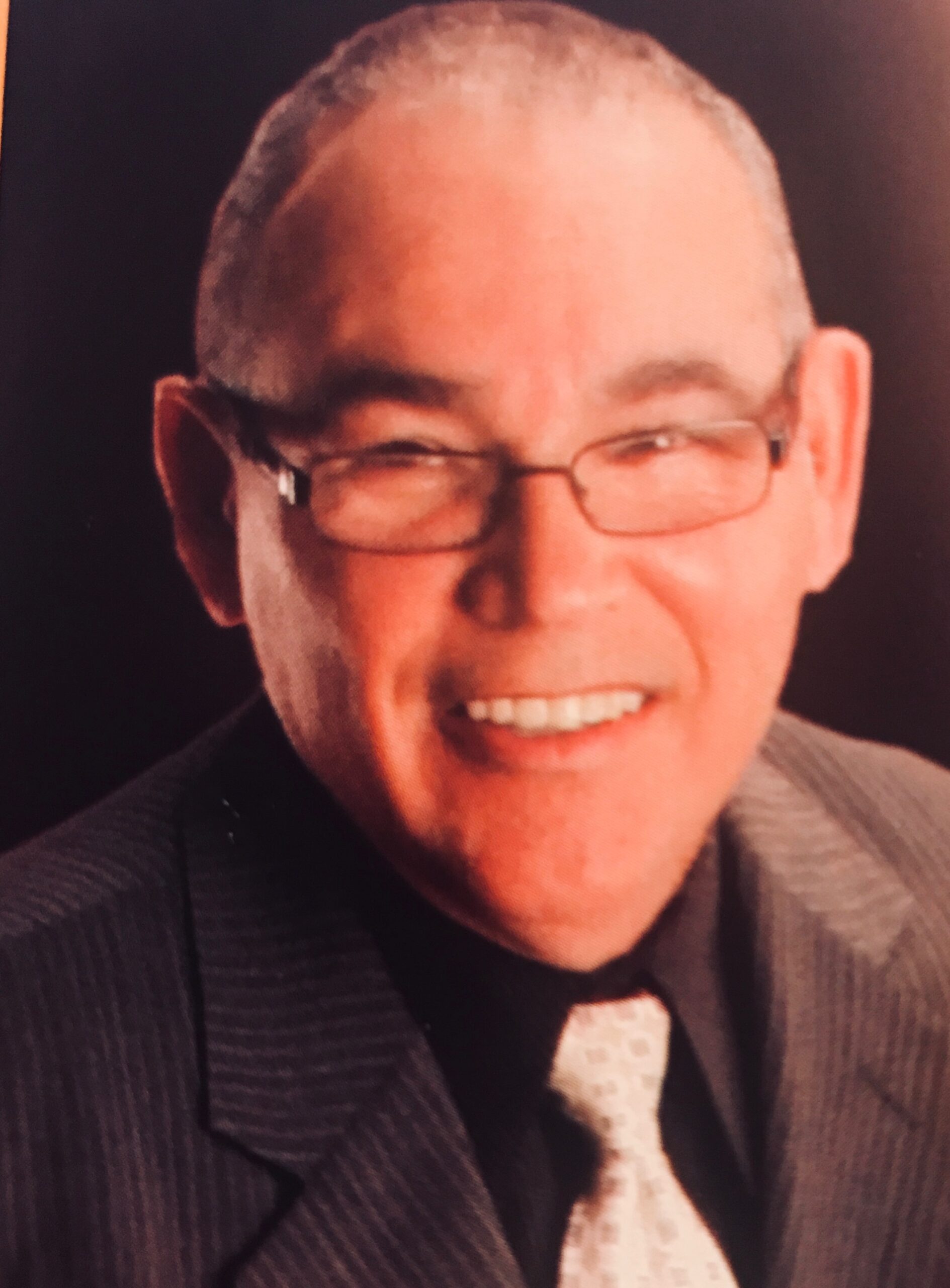
By Wilfredo “Wil” Rojas, M.Ed. | AC JosepH Media Guest Blogger
As we celebrate Black History Month, and focus on the greatness of individuals who contributed to the struggle for African American civil rights and their unselfish and brave contributions to changing the conditions of Black people by voicing and expressing their personalities and uniting with other persons of color in the fight for inclusion, equality and justice; and against disadvantage, and barriers to opportunities, I want to educate you on a few events and individuals from Puerto Rico who stood shoulder to shoulder with our Black brothers and sisters.
I would like to cover some events that advanced civil rights and some individuals of Latino descent who made remarkable contributions to Black history, culture and struggle for civil rights. Like it is often said, “We don’t remember days, we remember moments.”
With that said, to many of you, these events may be ancient history and unbeknown to our younger generations.
Latinos, particularly those with darker skin tones, are usually considered persons of color, and as such, share many of the same issues faced by our African American brothers and sisters. Both communities of color compose a sizable share of the population of the United States, particularly among the younger generations. The link between Latinos, primarily Mexicans and Puerto Ricans, in the fight for desegregation, freedom, justice, and equality has been obscured with time.
Years before the United States Supreme Court ended racial segregation in our nation’s school with the famed 1954 Brown v. Board of Education, a federal circuit court in California ruled in 1947, in Méndez v. Westminster that the segregation of school children was unconstitutional. Thurgood Marshall, a young NAACP attorney in arguing and winning the Supreme Court case, used the Méndez case as a precedent in winning the Brown case.
Some will be surprised to learn that the biggest civil rights protest was not in the South, but in New York City, where in 1964, frustrated with poor education that Black and Puerto Rican students were receiving in New York, organizers from these two communities led a boycott against segregated schools in which 464,361 students — about 45 percent of all NYC students at the time — stayed home from school.
Alongside Africanist Marcus Garvey stand other giants of African American history. Arturo Alfonso Schomburg, a native Puerto Rican of African and German descent, came to be known as one of the world’s leading authorities on Black history, particularly from Cuba, Haiti, Puerto Rico, Jamaica, and the United States. He is credited with introducing the written works of Caribbean Black intellectuals, writers and poets.
When he was in grade school, one of his teachers claimed that Black people had no history, heroes or accomplishments. Inspired to rebut that teacher’s racist narrative, he embarked on a passionate search to find and document the accomplishments of Africans on their own continent and in the diaspora.
Another Puerto Rican, and activist and a Black man who frequently spoke out in his second language against racism in the United States, was Roberto Clemente. His all-star baseball career with the Pittsburgh Pirates baseball team paralleled the civil rights movement. As a U.S. Marine Corps reservist, Clemente admired Martin Luther King, Jr. and spent an afternoon with him at his farm in Puerto Rico. He denounced the segregation he and other Blacks confronted during training in the Jim Crow era of the South.
Black baseball players had to wait on the bus for their white teammates to bring them food from restaurants after games. He despised this practice so much, that he threatened to fight the other Black players who took the food, saying, “Whoever takes a sandwich is going to have a problem with me.” He demanded separated transportation and the Pittsburgh Pirates eventually provided a station wagon for Black players.
I hope to continue the conversation between African Americans and Latinos around issues that affect both communities so we can discuss solutions that will benefit both communities of color.
Spanish Translation
Por Wilfredo “Wil” Rojas, M.Ed.
Mientras celebramos el Mes de la Historia Negra y nos enfocamos en la grandeza de las personas que contribuyeron a la lucha por los derechos civiles de los afroamericanos y sus contribuciones desinteresadas y valientes para cambiar las condiciones de las personas negras al expresar y expresar sus personalidades y unirse con otras personas de color en la lucha por la inclusión, la igualdad y la justicia; y en contra de las desventajas y las barreras a las oportunidades, quiero informarles sobre algunos eventos y personas de Puerto Rico que estuvieron hombro con hombro con nuestros hermanos y hermanas negros.
A menudo se dice que “No recordamos los días; recordamos momentos”. Muchos dirían que los eventos importantes de la Historia Negra tal vez, solo eso, historia antigua y desconocidos para nuestras generaciones más jóvenes.
Mirando hacia atrás en algunos eventos históricos que promovieron los derechos civiles, encontrará que algunas personas de ascendencia latina hicieron contribuciones notables a la historia, la cultura y la lucha de los negros por los derechos civiles.
Los latinos, particularmente aquellos con un tono de piel más oscuro, generalmente se consideran personas de color y, como tales, comparten muchos de los mismos problemas que enfrentan nuestros hermanos y hermanas afroamericanos. Ambas comunidades juntas son una parte considerable de la población de los Estados Unidos, particularmente entre las generaciones más jóvenes. El vínculo entre los latinos, principalmente mexicanos y puertorriqueños, en la lucha por la desegregación, la libertad, la justicia y la igualdad se ha oscurecido con el tiempo.
Años antes de que la Corte Suprema de los Estados Unidos pusiera fin a la segregación racial en la escuela de nuestra nación con el famoso Brown v. Board of Education de 1954, un tribunal de circuito federal de California dictaminó en 1947 en Méndez v. Westminster que la segregación de niños en edad escolar era inconstitucional. Los padres del estudiante eran parejas puertorriqueñas-mexicanas.
Thurgood Marshall, un joven abogado de la NAACP, al argumentar y ganar el caso de la Corte Suprema utilizó el caso Méndez como precedente para ganar el caso Brown.
Algunos se sorprenderán al saber que la mayor protesta de derechos civiles no fue en el sur, sino en la ciudad de Nueva York, donde en el 1964, frustrados con la mala educación que recibían los estudiantes negros y puertorriqueños en Nueva York, los organizadores de estas dos comunidades lideraron un boicot contra las escuelas segregadas en el que 464,361 estudiantes, aproximadamente el 45 por ciento de todos los estudiantes de la ciudad de Nueva York en ese momento, no asistieron a la escuela.
Junto al Africanista Marcus Garvey, otros gigantes de la historia afroamericana se encuentran Arturo Alfonso Schomburg, un puertorriqueño nativo de ascendencia africana y alemana, quien llegó a ser conocido como una de las principales autoridades mundiales en la historia de los negros, particularmente de Cuba, Haití, Puerto Rico, Jamaica y los Estados Unidos. Se le atribuye la introducción de las obras escritas de intelectuales, escritores y poetas negros del Caribe.
Cuando estaba en la escuela primaria, uno de sus maestros afirmó que los negros no tenían historia, héroes o logros. Esto lo inspiró a refutar la narrativa racista de ese maestro, se embarcó en una búsqueda apasionada para encontrar y documentar los logros de los africanos en su propio continente y en la diáspora.
Otro puertorriqueño, cuyo activismo como un hombre negro que habló, con frecuencia en su segundo idioma contra el racismo en los Estados Unidos, fue Roberto Clemente, cuya carrera de béisbol de estrellas con el equipo de béisbol Pittsburg Pirates fue paralela al movimiento de derechos civiles. Como reservista del Cuerpo de Marines de los EE. UU., Clemente admiraba a Martin Luther King, Jr. y pasó una tarde en su granja en Puerto Rico con el. Denunció la segregación que él y otros negros enfrentaron durante el entrenamiento en la era de Jim Crow en el sur.
Los jugadores de béisbol negros tuvieron que esperar en el autobús a que sus compañeros blancos les trajeran comida del restaurante después de los juegos. Despreciaba tanto esta práctica que amenazó con pelear cualquier jugador negro que se llevara la comida, diciendo, “El que acepte la comida, tendrá problema conmigo.” Clemente exigió transporte separado y los Piratas de Pittsburg finalmente proporcionaron una camioneta para jugadores negros.
Espero continuar la conversación entre afroamericanos y latinos sobre temas que afectan a ambas comunidades para que podamos discutir soluciones que beneficiarán a ambas comunidades de color.
Bio: Wilfredo “Wil” Rojas is an award-winning columnist, veteran civil rights activist and former officer with the Gloucester County NAACP. He is the cofounder and retired director of Philadelphia Prison System’s Office of Community Justice and Outreach.
Follow Us Today On:
Note from AC JosepH Media: If you like this story and others posted on Front Runner New Jersey.com, lend us a hand so we can keep producing articles like these for New Jersey and the world to see. Click on SUPPORT FRNJ and make a contribution that will do directly in making more stories like this available. Thank you for reading.
